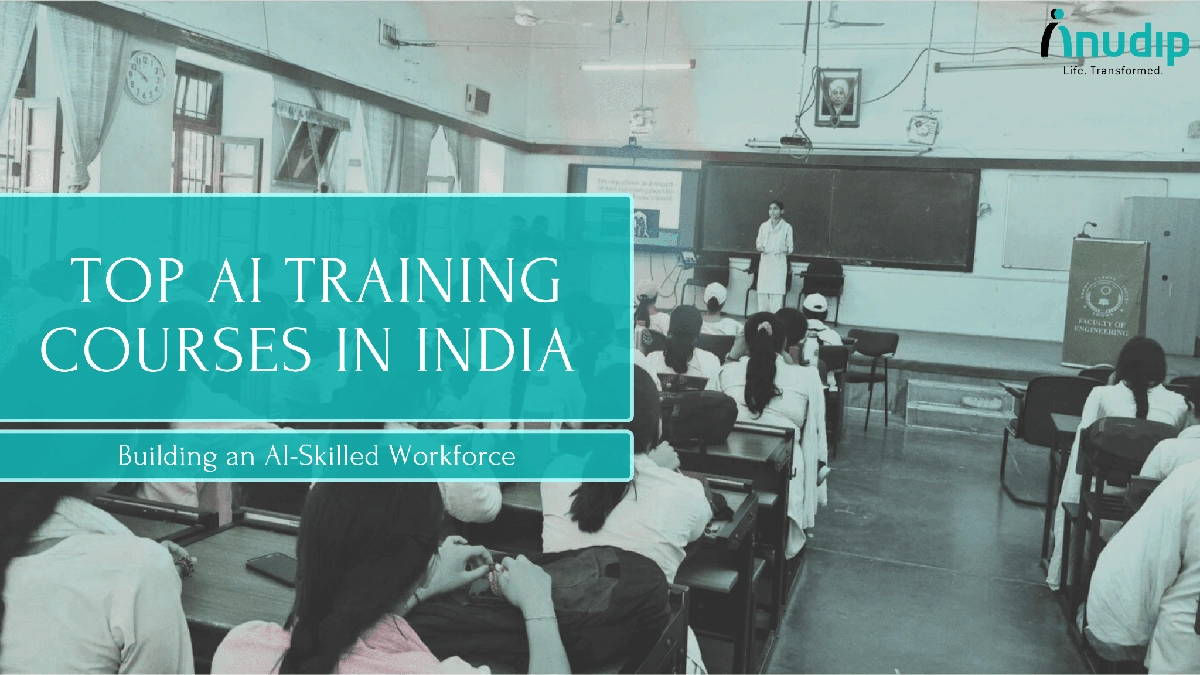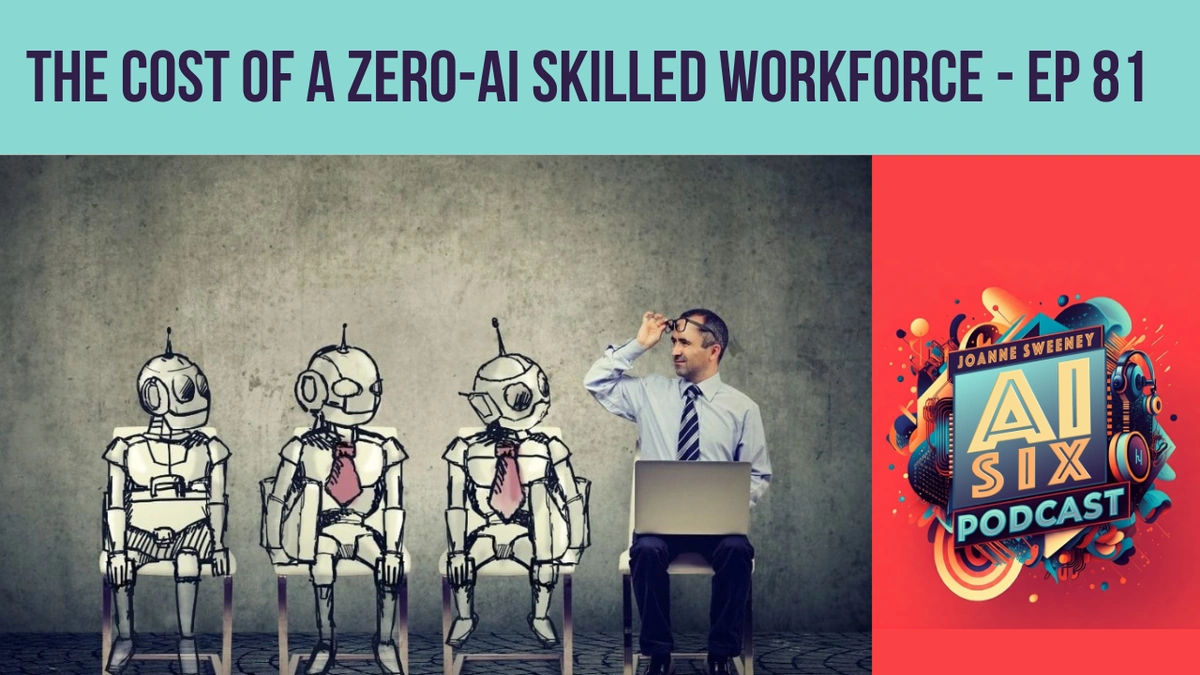TCS’ AI Workforce Surges to 1.6 Lakh; Adds 18,500 New Employees in Q2 with Future Skills Emphasis
Alright, let’s talk TCS. We’re not just talking about numbers here; we’re talking about a seismic shift in the tech landscape. TCS flexing its AI-skilled workforce to a whopping 1.6 lakh employees and onboarding another 18,500 in just one quarter? That’s not just growth; that’s a strategic overhaul. But, why should you even care? What’s the real story behind these numbers?
Because this isn’t just about one company’s success. It’s about the future of jobs in India, the skills that are going to matter, and the urgent need for us to adapt. It touches on everything from government policy to individual career paths. So, grab your chai, and let’s dive in. The truth is, this news about TCS and their massive investment in AI says a lot about where the tech sector in India is headed.
The “Why” | Decoding TCS’ AI Playbook

Let’s be honest: companies don’t just throw money at things for fun. TCS’ aggressive expansion of its artificial intelligence workforce is a calculated move, driven by several key factors. Firstly, global demand. Businesses across industries are clamoring for AI solutions – from automating customer service to optimizing supply chains. TCS is positioning itself to capitalize on this demand.
Secondly, it’s about staying ahead of the curve. The tech landscape is evolving at warp speed. If TCS doesn’t invest in future skills training and AI capabilities, it risks becoming obsolete. This is a preemptive strike to maintain its competitive edge. Thirdly, and perhaps most importantly, India is becoming a major hub for AI innovation. The government is pushing for increased adoption of AI across sectors, creating a fertile ground for companies like TCS to thrive.
What fascinates me is the scale of TCS’ ambition. They’re not just hiring AI engineers; they’re creating an entire ecosystem of AI talent, encompassing everything from research and development to deployment and maintenance. They are clearly thinking long term about upskilling initiatives for their employees.
Future Skills | What You Need to Know
Okay, so TCS is investing heavily in AI. Great. But what does that mean for you? Well, if you’re a student, a recent graduate, or even a seasoned professional looking to future-proof your career, it means you need to start thinking seriously about acquiring AI-related skills.
I initially thought this meant everyone needed to become a data scientist. But then I realized it’s much broader than that. It’s not just about coding algorithms; it’s about understanding how AI can be applied to solve real-world problems. Think about it – AI is transforming every industry. So, whether you’re in finance, healthcare, or manufacturing, there’s a role for AI. This digital transformation requires companies like TCS to aggressively invest in AI talent acquisition .
Here’s the thing: you don’t need to be a tech genius to get started. There are tons of online courses, bootcamps, and certifications that can help you develop the necessary skills. Focus on areas like machine learning, natural language processing, or computer vision. And don’t forget the soft skills – critical thinking, problem-solving, and communication – are just as important. Plus, with initiatives from companies like TCS, the barrier to entry for AI career pathways is rapidly diminishing.
The Impact on the Indian Economy
Let me rephrase that for clarity: TCS’ investment in AI isn’t just good for the company; it’s good for the Indian economy as a whole. A robust AI workforce will attract foreign investment, boost innovation, and create high-paying jobs. This is what we call a virtuous cycle. And , the push for a skilled AI workforce could substantially alter the landscape of India’s tech industry. It’s not just about filling positions; it’s about building a competitive advantage for India on the global stage.
But there’s also a potential downside. As AI automates more and more tasks, there’s a risk of job displacement. This is where government policy comes in. We need to ensure that workers who are displaced by AI have access to retraining programs and other forms of support. We also need to think about creating new types of jobs that leverage the power of AI. This is about embracing change, but also managing it responsibly. Consider the government’s emphasis on technology skills development and how TCS is responding to the same.
And speaking of economic impact, it’s crucial to understand the interconnectedness of various sectors. The increased use of AI is driving demand for hardware, software, and data services. This creates opportunities for startups and small businesses to develop innovative solutions. This is why initiatives that facilitate digital inclusion and technological empowerment become all the more critical.
Navigating the Future | A Call to Action
So, where do we go from here? The TCS story is a wake-up call. It’s a reminder that the future is already here, and it’s powered by AI. We need to embrace this change, equip ourselves with the necessary skills, and work together to ensure that AI benefits everyone.
For students, this means choosing courses and specializations that focus on AI. For professionals, it means taking the initiative to upskill and reskill. For policymakers, it means creating a supportive ecosystem for AI innovation. And for companies like TCS, it means investing in employee training programs and creating opportunities for lifelong learning.
A common mistake I see people make is thinking that AI is something to be feared. It’s not. It’s a tool. And like any tool, it can be used for good or for bad. It’s up to us to ensure that it’s used for good – to solve problems, create opportunities, and improve lives. The key takeaway? Continuous learning is non-negotiable in the age of AI. For individuals and companies alike, adaptability is the new superpower.
The one thing you absolutely must double-check is your willingness to learn. The pace of change is only going to accelerate. Those who embrace lifelong learning will thrive. Those who don’t will be left behind.
FAQ about AI and the Future of Work
What if I don’t have a tech background? Can I still learn AI skills?
Absolutely! There are many online resources and courses designed for beginners. Start with the basics and focus on how AI applies to your field.
What are the most in-demand AI skills right now?
Machine learning, natural language processing, and data science are highly sought after. Cloud computing and cybersecurity skills related to AI are also valuable.
How can I convince my employer to invest in AI training for me?
Show them how AI can improve their business processes and increase efficiency. Highlight the potential ROI of investing in your skills. Point out how AI could augment existing business practices.
Is it worth getting a certification in AI?
Yes, certifications can validate your skills and make you more attractive to employers. Look for reputable certifications from recognized institutions.
What resources are available to find AI job opportunities?
LinkedIn, Indeed, and specialized AI job boards are good places to start. Network with people in the AI field.
Will AI eventually replace all human jobs?
While AI will automate some tasks, it will also create new types of jobs that require uniquely human skills like creativity, critical thinking, and emotional intelligence.
So, TCS’ surge in its AI-skilled workforce isn’t just a news headline. It’s a mirror reflecting the future. It’s time to look closely and ask yourself: Am I ready?













